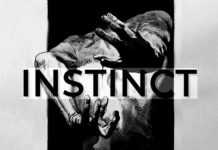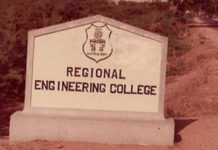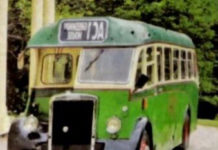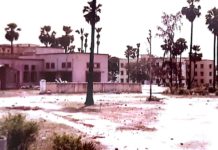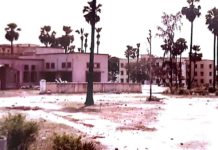ACTION BEGINS – ACADEMIC COURSES AND CURRICULUM
The RECW offered 5-year graduation B.E. degree courses in Civil, Mechanical and Electrical Engineering. Students should have completed either the S.S.L.C + Pre-University Course (10+12) or the Higher Secondary School Certificate (11 years) to qualify for admission.
The 250 students were divided into three sections and had a common syllabus for the first three years; covering the study of English language, Physics, Chemistry, Mathematics (required as a basic foundation for the technical courses) and the basic engineering concepts like Drafting (Geometrical Drawing, Civil Engineering Drawing), Laboratory Practicals in Physics and Chemistry, Workshop Practice (Carpentry, Blacksmithy, Fitting, Foundry and Machine shop practice) and field work in Surveying were all part of the curriculum. Each year, examinations were conducted and they comprised a total of 9-12 papers. No semester system.)
Prof. Muthukrishnudu conducted the first lecture at the College, and taught Projection of Points as part of the Geometrical Drawing class. The book by D.A. Low was the text book that had to be referred. The batch was initiated into the field of engineering in this manner, and Merit-cum-Means Scholarships were awarded on the basis of a written examination, testing the general knowledge of the student in basic English, Mathematics and General Knowledge. The scholarships were worth $75 per month, besides waiver of tuition fee amounting to Rs. 24 per month, they more than covered the hostel boarding expenses. Scholarships for the subsequent years were based on the performance in the annual examinations.
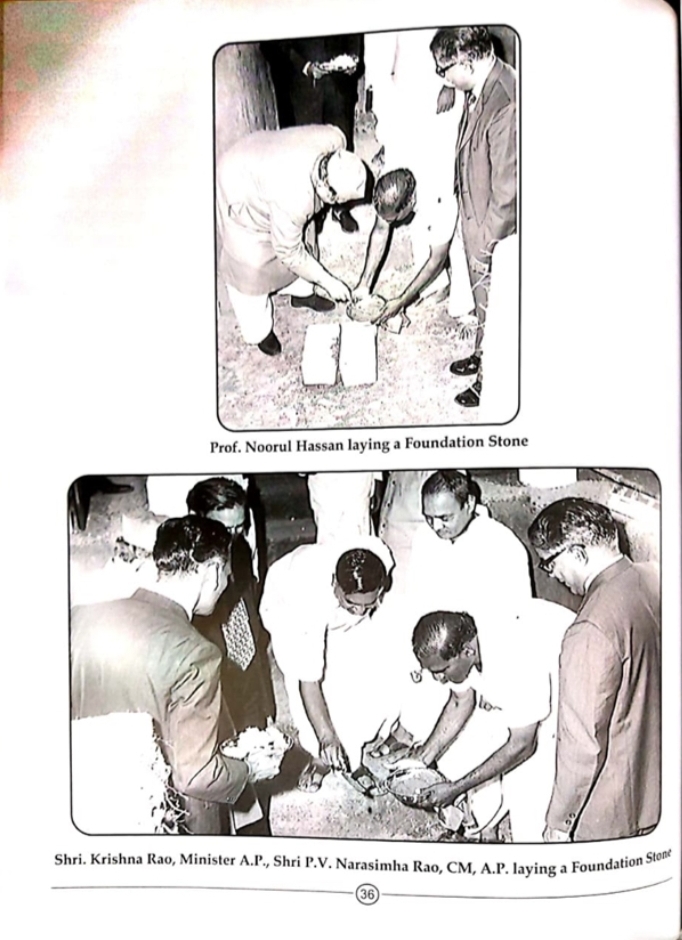
PATWARI’S GIFT:
Many students hailing from various villages, though landlords, had unequal advantages. Some of these enterprising ones procured a certificate of meagre income from their Patwari (village accountant) even when they owned vast stretches of land. They had cornered quite a few Merit-cum-Means Scholarships. It was a one-time privilege during first year.
The local theatre started getting the latest prints for Friday shows. Sometimes, the enterprising few would complete their tutorial classes ahead of time if there was a plan to see the first show on the first day. Students would cycle down the rough fields, taking shortcuts to save time, unmindful of some falls en-route, etc. One fateful day, a cycle was damaged resulting in delay of over half-an-hour for a student to arrive for a movie at the theatre. Instead of just joining friends in the hall, he went up to green room, asked for roll back and thus made everyone have a rerun of the film. However, the delay for the next show was of little concern to the students.
This article is the six in a series of many, compiled by RECW’s 1964 batch for the Coffee Table Book, published in 2014. We thank Mr. S. Sampath Iyengar and his team (Batch of 1964) for giving us permission to share this with the NITW community. We also thank Professor CSRK Prasad for helping us make this happen.

